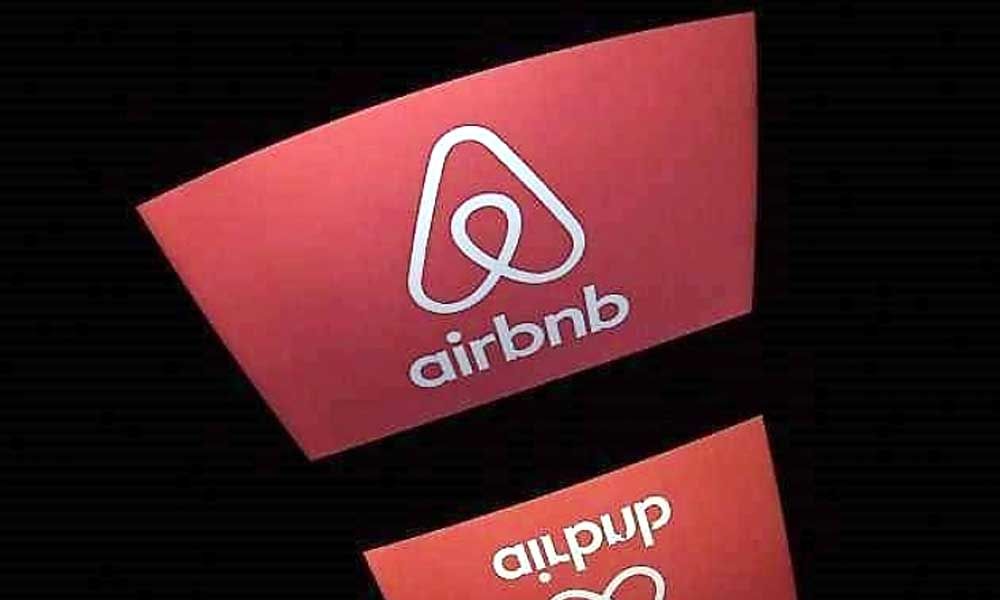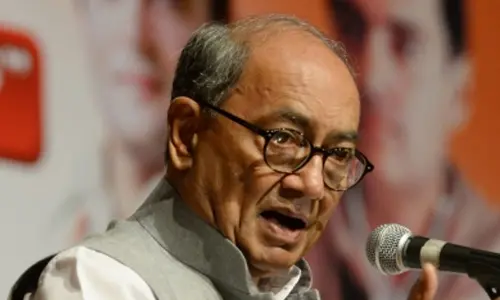Airbnb doubles marketing spend in India as Singapore imposes restrictions

Singapore is not the only major city with restrictions on Airbnb's operations, Paris, Barcelona, and Berlin have issues as well and have regulations in place.
SINGAPORE: Airbnb is looking to double its marketing investments in India to increase its visibility in the market.
This while Singapore, where its Asia-Pacific (APAC) headquarters is based, decided to keep existing restrictions on short-term rentals.
In May, the Singapore Urban Redevelopment Authority (URA) announced that current limits on vacation rentals will remain after an extensive and comprehensive five-year engagement with various stakeholders which included residents, property owners and home sharing platforms like Airbnb and HomeAway.
In India, the number of listings on Airbnb went up 150 per cent in the last year. It is eager to tap on the millennials in India who number over 400 million which is higher than the entire population of the United States.
This was among the revelations made by Siew Kum Hong, Airbnb's APAC Regional Director, at the Skift Forum in Singapore recently and reported by Mumbrella.
The Skift Forum is a series of conferences catering to the creative business in the global travel industry for marketers, strategist and technologists. Mumbrella is an Australian marketing and media industry news website.
Siew further added that whereas he is disappointed that the Singapore government will not be revising the rules that have limited the short term letting of private property to tourists, he is optimistic of Airbnb's business in the Asia-Pacific region, even Singapore.
This is because they are expanding beyond private-owned homes to list boutique hotels and other accommodation options that are not impacted by the Singapore government restrictions.
In the long-term, he does not believe that the Singapore private property market is entirely closed to home-sharing operators like Airbnb.
The optimism in APAC is due to the impressive numbers it has clocked so far - a million listings, 100 million people checking in and about USD 10 billion in hosting fees.
He further commented that the bright sparks are India and China. The focus of their China business has originally been in encouraging outbound bookings but there has been a surprising surge in inbound traffic which may result in China being Airbnb's number one market by 2020.
Singapore is not the only major city with restrictions on Airbnb's operations. Among others, Paris, Barcelona, and Berlin have issues as well and have regulations in place.
Parisians are concerned that entire neighbourhoods or buildings are turning into dwellings for tourists.
They want to keep Paris for themselves and don't want to see tourist rentals eating up their space. Paris is the largest market for Airbnb with almost 60,000 apartments listed.
In Barcelona, homeowners who list their properties on online rental platforms like Airbnb require a city-approved license or face substantial fines.
To enforce this, Airbnb and the city have an agreement which allows Barcelona officials to access their listing data.
So far, Airbnb has been asked to take down about 4,000 listings that are unlicensed. Vacation apartment owners have also to pay property tax that is way above the standard rates paid by owners who stay in their own houses.
In Berlin, Germans are worried that vacation rental platforms like Airbnb are increasing rents and causing shortages for residents.
Homeowners who rent out their property to holidaymakers can only do so under certain conditions and must seek the approval from their borough otherwise a hefty fine awaits them.
Generally, people who live in cities that are popular with tourists and who have neighbours renting out their homes to short-term visitors complain about feeling unsafe or feeling uncomfortable facing different strangers in their buildings every few days.
They are also unhappy about disturbances like noise and damage done to common property. Additionally, there is the repercussion that such rentals may reduce the number of property available to long-term residents, thus increasing rents and making property unaffordable.
Airbnb and rental homes are popular with a certain type of traveler who are looking for a different accommodation experience from the normal hotel.
Not all Airbnb homes are cheaper, but they usually offer the complete facilities of a home like a living room, a kitchen and amenities like a washing machine and sometimes a dishwasher as well.
Airbnb founded and headquartered in San Francisco is the darling of digital disruption and is among sharing economy pioneers together with others like Uber and Lyft.
It is privately held and hence not obligated to reveal its financial results. However, it is expected to seek a public listing by 2020 and there are rumours that it may even do so in 2019.
In 2017, it reported revenues of USD2.6 billion and net income of USD93 million.
It has not revealed its 2018 financial numbers, but it is widely reported that it achieved a turnover of USD1billion in the third quarter of 2018.
As at the end of the first quarter of 2019, the company reported more than 500 million guest arrivals in its listings and 250 million guests reviews since its inception in 2008.
It is valued by analysts at somewhere upwards of USD 31 billion with USD 38 billion being reported as the number used for accounting purpose in March by American digital news site Vox quoting a source from within Airbnb.
At that price, Airbnb would be privately valued at more than booking rivals like Expedia at USD18 billion and hotel chains like Hilton at USD 25 billion, but less than Marriott at USD 43 billion or Booking Holdings at USD 80 billion.
















